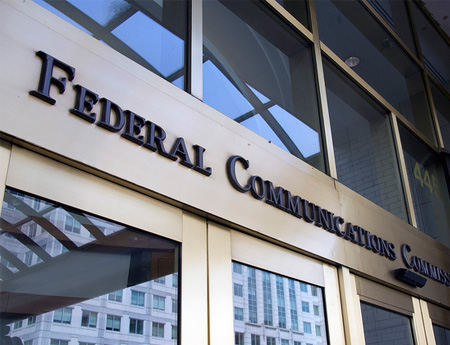Artists to FCC: We're Inclined to Favor Title II

The smarter way to stay on top of broadcasting and cable industry. Sign up below
You are now subscribed
Your newsletter sign-up was successful
Calling online pay for play, "the new payola," a group of musicians, including R.E.M. and The Decemberists bassist Nate Query, has told the FCC they are "inclined" to think it should reclassify online access under Title II common carrier regs.
That came in comments on the FCC's proposed new open Internet order from self-described "musicians, songwriters, entrepreneurs, rabble-rousers, advocates, innovators, Internet users and members of the public."
FCC chairman Tom Wheeler is not proposing to reclassify ISPs under Title II, but has said he will if he has to.
"We music people know payola when we see it. And what we see in Chairman Wheeler’s proposal doesn’t give us any confidence that we won’t end up with an Internet where pay-by-play rules the day. We’ve heard this song before, and we’re frankly pretty tired of it," they said in their comments Tuesday, the deadline for initial comments.
"We may not be telecom lawyers, but we get this issue pretty clearly," they said. "You have the legal authority to prevent discrimination and paid prioritization online. You only need to exercise it."
Wheeler has said the discrimination that creates Internet fast and slow lanes or hurts competition, innovation or investment will not be tolerated. The D.C. court said the FCC's 2010 Open Internet ban on unreasonable discrimination was too restrictive, but that a commercially reasonable standard looked at on a case-by-case basis was a workable alternative. In effect, Wheeler took that advice and is trying to come up with enforceable rules as expeditiously as possible given that there are currently no anti-blocking or anti-unreasonable discrimination rules in effect—the FCC's transparency rule was not overturned.
The musicians and rabble rousers, et al. say whatever the FCC does, it needs to be enforceable. While they said they take Wheeler at his word that he will be "aggressive" about how he enforces the "commercial reasonableness" standard that will have to be met to allow for discrimination, they point out that future chairmen might not take the same approach, or that an after-the-fact enforcement regime will allow for abuse justified by "armies of lawyers and lobbyists."
The smarter way to stay on top of broadcasting and cable industry. Sign up below
"Real net neutrality rules would let the ISPs know up front what is and isn’t permissible," they told the FCC. "Us artists and advocates shouldn’t have to be on defense when we’re already so busy creating music and trying to make the world a better place. We want [to] encourage the FCC to adopt rules that preserve a level playing field and that will last."
"We’ve heard that reclassification to Title II of the Telecommunications Act is the best way to do this, and we’re inclined to agree. So what’s stopping you? Politics? You want to impress those cool telecom lobbyists? We know what it’s like to be pressured to conform, but sometimes you have to call your own tune. This is one of those times."
Contributing editor John Eggerton has been an editor and/or writer on media regulation, legislation and policy for over four decades, including covering the FCC, FTC, Congress, the major media trade associations, and the federal courts. In addition to Multichannel News and Broadcasting + Cable, his work has appeared in Radio World, TV Technology, TV Fax, This Week in Consumer Electronics, Variety and the Encyclopedia Britannica.

